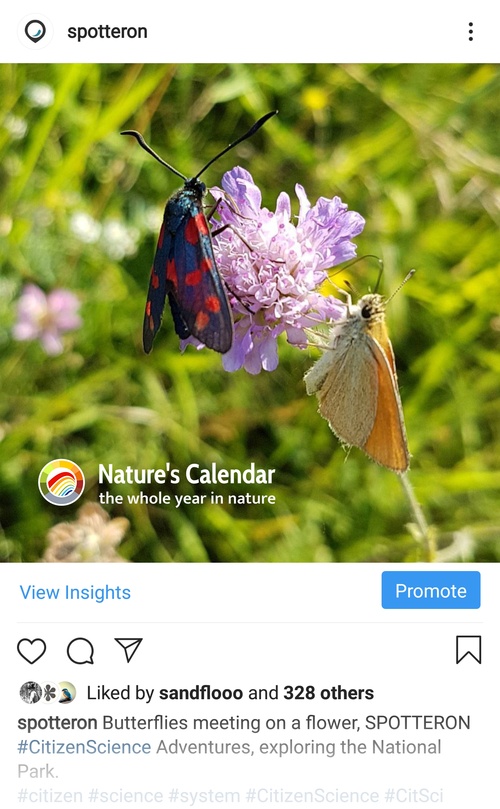In today's fast and everchanging world, it can seem tedious to syphon through the haze of information to find the relevant one. A quick search on Google is undoubtedly a good thing, but what if you need the information to be verified as quickly, as possible?
Many users will turn to social media to do that. Why? Because on Twitter, you can find news in real-time. Without much effort, you can verify a piece of information in an instant.
This is possible with the invention of hashtags.
The blue-coloured keywords that appear on Twitter, Instagram, Facebook and others with the octothorpe or pound symbol (#) before them were invented in 2007. They were meant to be a kind of metadata-tag to categorize information and enable users to faster navigate through social media sites such as Twitter, and quickly became an integral part of any social media post.
How to use a hashtag, and why?
According to hashtagify.me and other platforms that offer tools for your social media marketing, there are a few thoughts to consider:
- Hashtags are great if you're looking for information a specific topic or posts that interest you.
- By using certain types of hashtags, you can attract more customers, thus making your posts appear in front of search results relevant to your target audience. This is especially useful when you're launching a new Citizen Science project and want as many people as possible to join and participate.
- Hashtags increase user engagement: There are more than 145 billion active users on Twitter alone. With the right hashtag, you can better connect with your target audience.
Tweets with hashtags get retweeted more often (55%) than those without any hashtags. - With hashtags, you can not only find your target audience (as they can find you!), you can also establish a reputation for your project or brand by grabbing the attention of interested people.
 A few guidelines on how to use hashtags:
A few guidelines on how to use hashtags:
✪ Do your Research
Before you start using hashtags, find out which ones are the right ones for your project/brand.
✪ Use the ones that are easy to remember
Just like a good brand name, the hashtag should be easy to remember and engage as many people as possible.
✪ Careful with the Brand Name!
Using your brand name as a hashtag all the time will put people off. Yes, use it, but not all the time in every single post. Try and find a healthy balance.
✪ Stay relevant, use it consistently on all the platforms.
Obviously, use the hashtags that are relevant to your project/brand.
Also, use the same ones on all the platforms consistently so that people start thinking and talking about your project everywhere.
✪ Avoid over-tagging
Using a #hashtag #after #every #single #word makes the message you're trying to convey difficult to read and hard to remember.
Keep this advice in mind when disseminating your next Citizen Science project to make it a success!
Sources used:
wikipedia.org
hashtagify.me
https://sproutsocial.com
